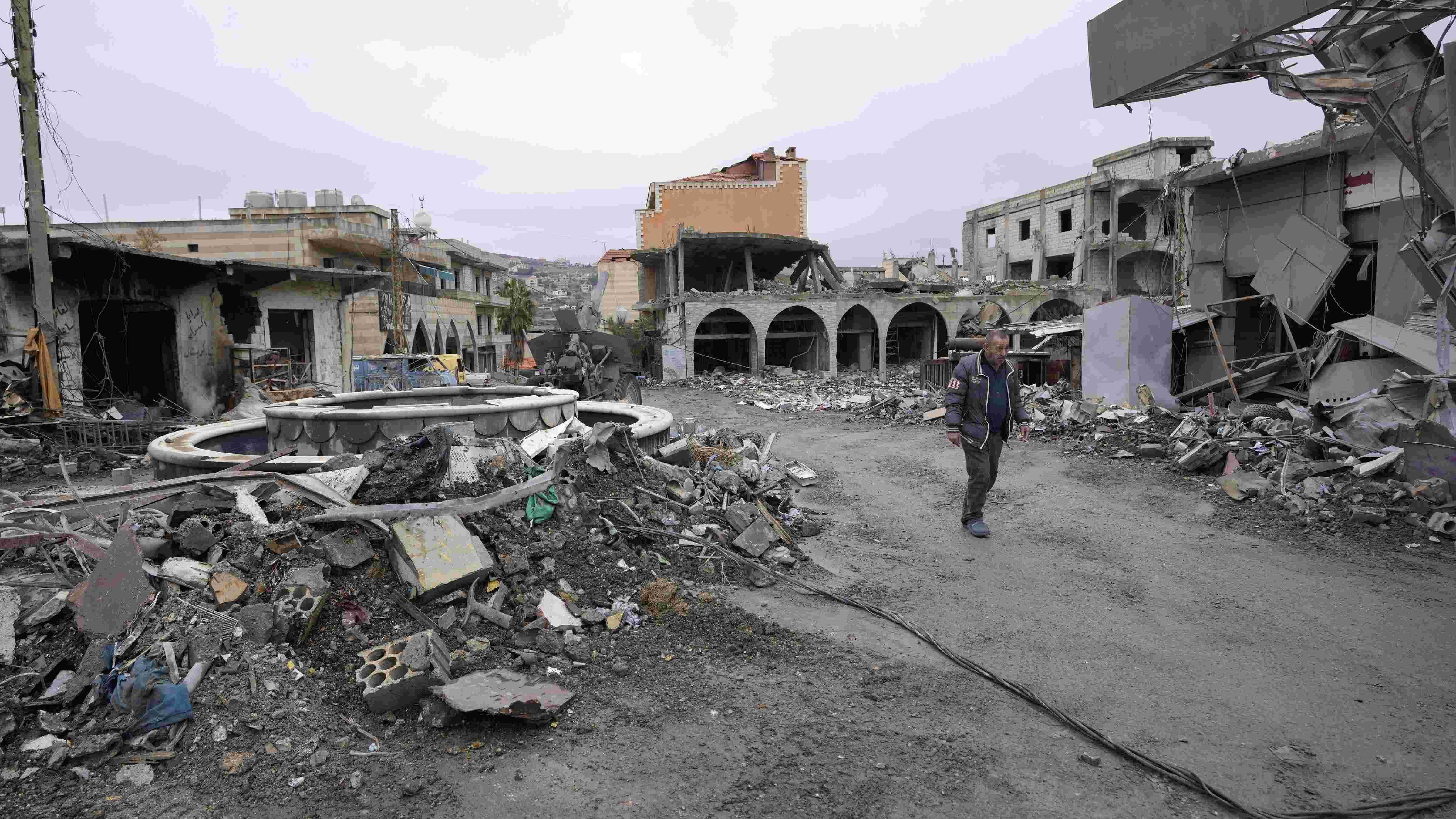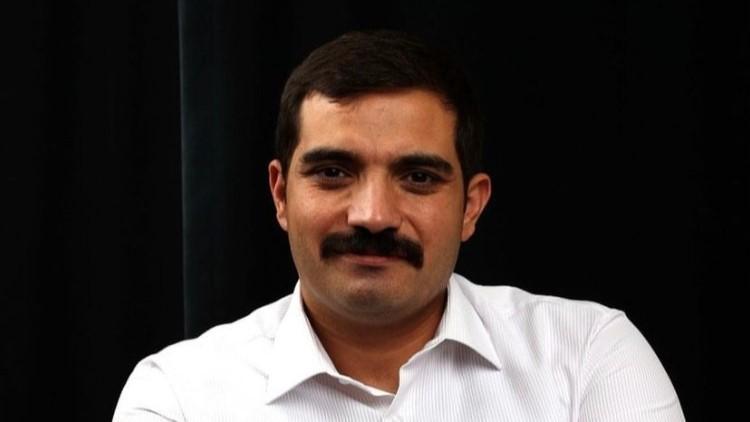Why has rating agency Fitch left Turkey?
The credit-rating company Fitch announced on Jan. 19 that it has decided to close its office in Turkey.
It was not an unexpected move, given the developments over the past year. Yet it is a symbolic move, and one that has left a milestone in Turkey’s development history.
One may ask: “Why is it a milestone?”
It marks the end of Turkey’s “financial center” dreams at a time when people have raised concerns that the country is moving away from the rule of what constitutes “the legal architecture” of this “finance center” dream.
Fitch currently has offices in approximately 20 developing countries, including Brazil, Chile, India, Russia, Mexico, South Africa, Indonesia, Argentina, China and Thailand.
The question is: Why did Fitch close its offices in Turkey and not in any of the other G-20 nations?
Back in 2012, when Fitch’s Istanbul office was still “fully operational,” the rating agency decided to stop keeping analysts there and move its head office to Russia.
What was left behind was a so-called “business development” operation, which basically meant “seeking companies to assign credit ratings and finding clients.” Then on Jan. 19 came the announcement regarding the closure of this more limited office.
Even though the rating company said its decision “reflects Fitch’s desire to maintain an optimal office network structure and sufficient level of resources in each geographic location in which it operates,” it is obvious that the main reason behind the closure of the Istanbul office is the fact that Turkey has been drifting away from EU values since 2012.
One source told me that as Turkey moved away from the principles of separation of powers and the rule of law, it has become impossible to write analysts’ reports on which credit rating actions are based, a job that requires “freedom of expression.”
There is more. When Fitch terminated the analyst positions at its Istanbul office in 2012 and moved the local management to Russia, not even a single figure from the economic management team in Ankara phoned the people at Fitch to ask what was going on and why they made such a decision. At the time I remember officials were still saying “Istanbul would become a finance center.”
The main job of rating agencies is to grade the “debt repayment capacity” of companies, financial instruments and government treasury departments, in order to provide information for investors who have money and resources to invest in risky assets.
When the 2008-9 crisis erupted, companies, banks and financial instruments that had previously received good grades from rating agencies collapsed. Certain financial architectures imploded due to a vacuum created by the crisis and there were widespread discussions as to whether the rating companies had made mistakes.
In the U.S., the Dodd-Frank Act, passed in the wake of the financial crisis, introduced regulations that increased the responsibilities of the rating companies.
And Turkey passed similar regulations. But institutions and rules in Turkey have quickly eroded.
There is talk inside financial circles in Istanbul that Fitch packed up and left because the regulatory bodies in Turkey have lost their independence and the courts remain under political influence.
Fitch is not alone in such a move. But it stands out as an especially well-known and important company in the finance industry.
Company owners and investors have recently chosen to carry out their transactions in London, to establish the headquarters of their companies in London and to plan the initial public offerings of big brands in London. All this underlines their concerns over the security of their assets and property rights.
Conditions imposed under the emergency rule as well as rulings by the Constitutional Court, the final arbiter, have only deepened those concerns.











